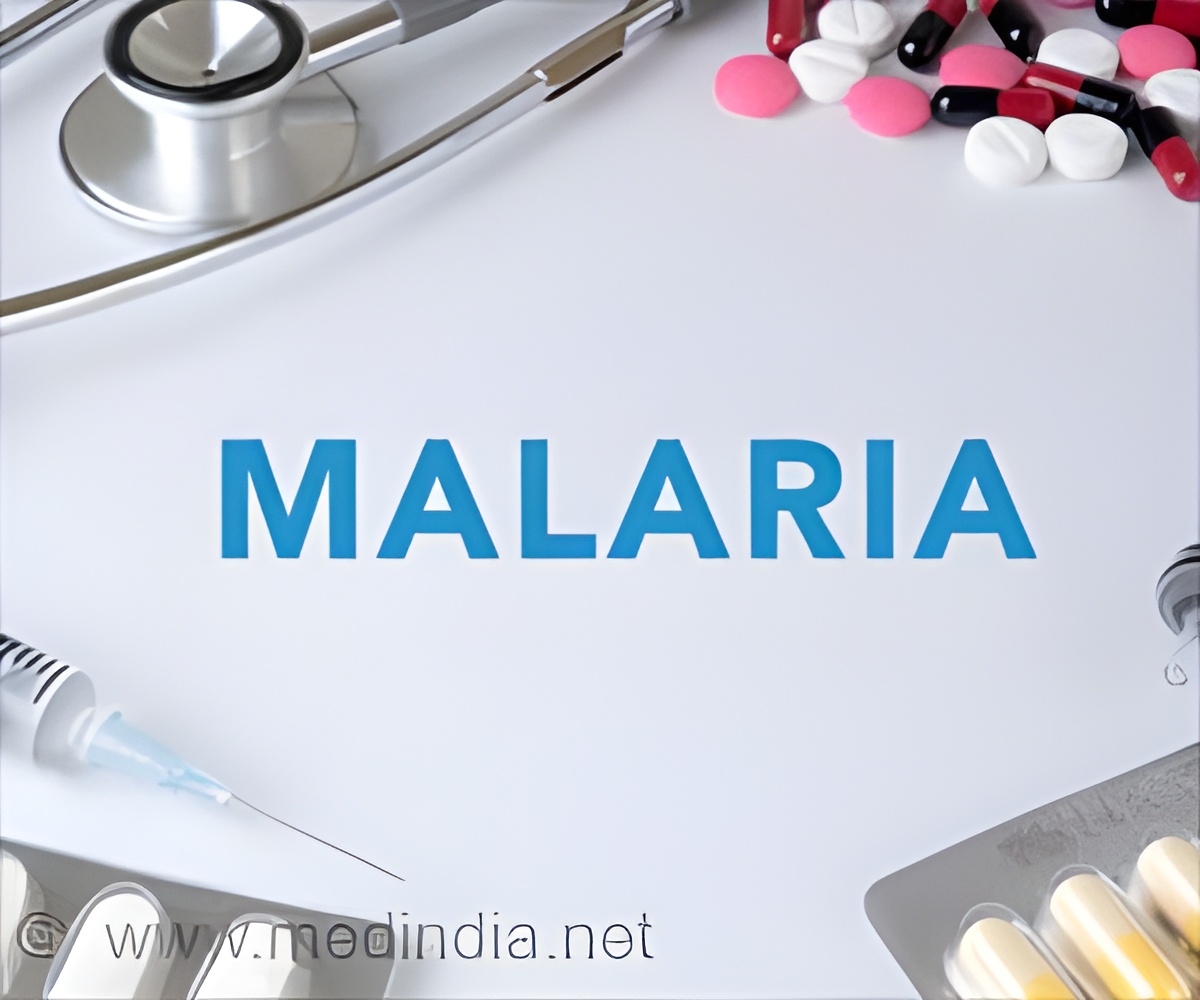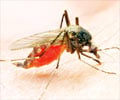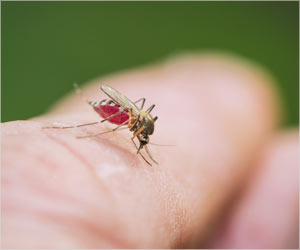
‘In people with the rare Dantu blood variant a proportion of the red blood cells are naturally resistant to infection by malaria parasites, and it may be possible to develop drugs that take advantage of this process.’
Tweet it Now
To know the exact mechanism behind malaria protection in Dantu blood group persons, scientists at the Wellcome Sanger Institute, the University of Cambridge and the KEMRI-Wellcome Trust Research Programme conducted a study. Red blood cell samples from 42 healthy children in Kilifi, Kenya, who had either one, two, or zero copies of the Dantu gene were collected. Using time-lapse video microscopy, scientists have identified the specific step at which the parasite invasion was impaired.
Dantu variant created cells with increased surface tension - like a drum with tighter skin observed. At a certain pressure, malaria parasites were no longer able to enter the cell, halting their lifecycle and preventing their multiplication in the blood. Developing a drug that emulates this increased tension could be a simple but effective way to prevent or treat malaria.
Dr Silvia Kariuki, of the KEMRI-Wellcome Trust Research Programme, Kenya, said: "Malaria parasites utilize a specific 'lock-and-key' mechanism to infiltrate human red blood cells. When we set out to explain how the Dantu variant protects against these parasites, we expected to find subtle changes in the way this molecular mechanism works, but the answer turned out to be much more fundamental. The Dantu variant actually slightly increases the tension of the red blood cell surface. It's like the parasite still has the key to the lock, but the door is too heavy for it to open."
Malaria causes an estimated 435,000 deaths per year, with 61 per cent occurring in children under five years of age. P. falciparum is primarily responsible for the deadliest form of malaria and prevalent in Africa.
Advertisement















